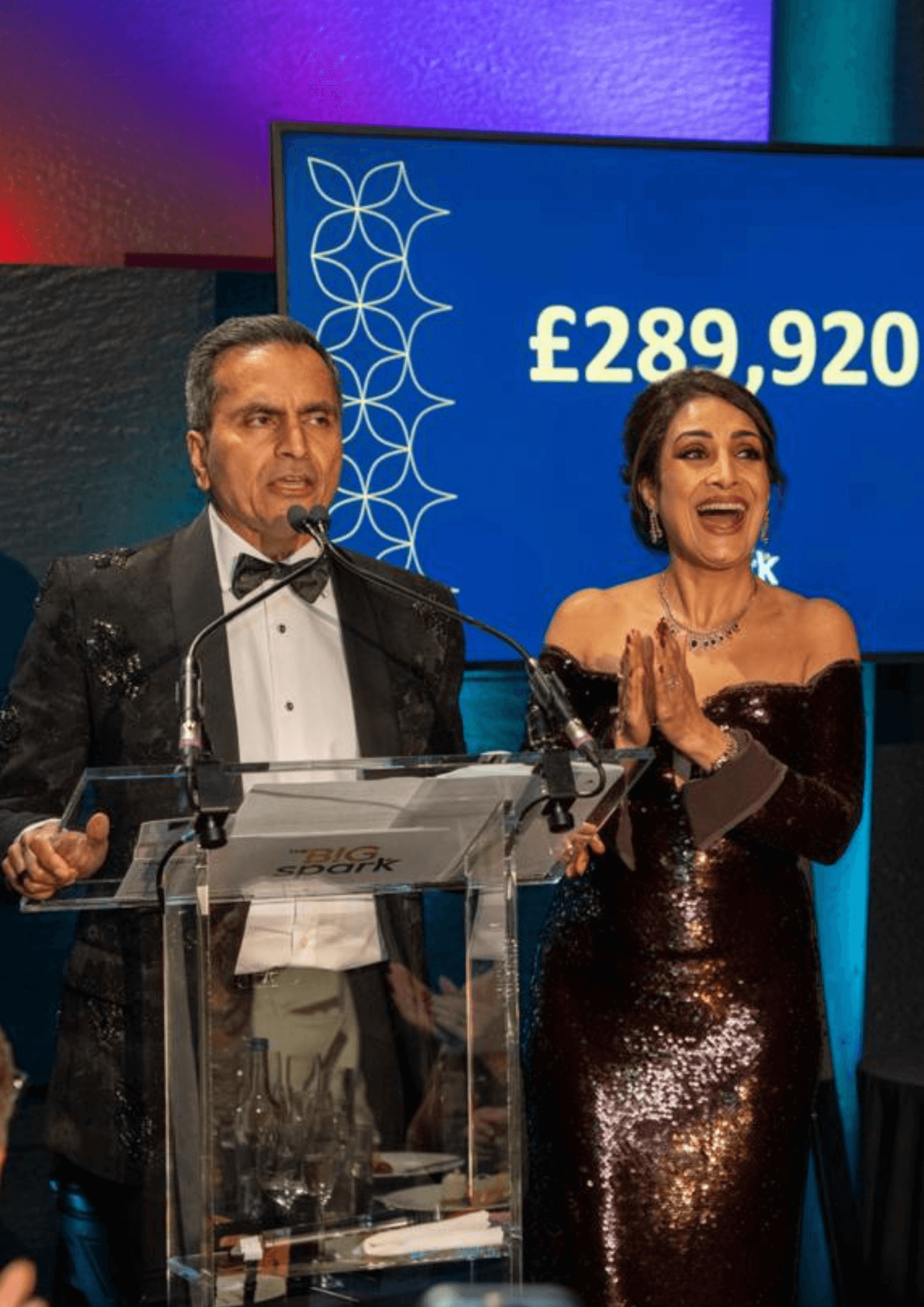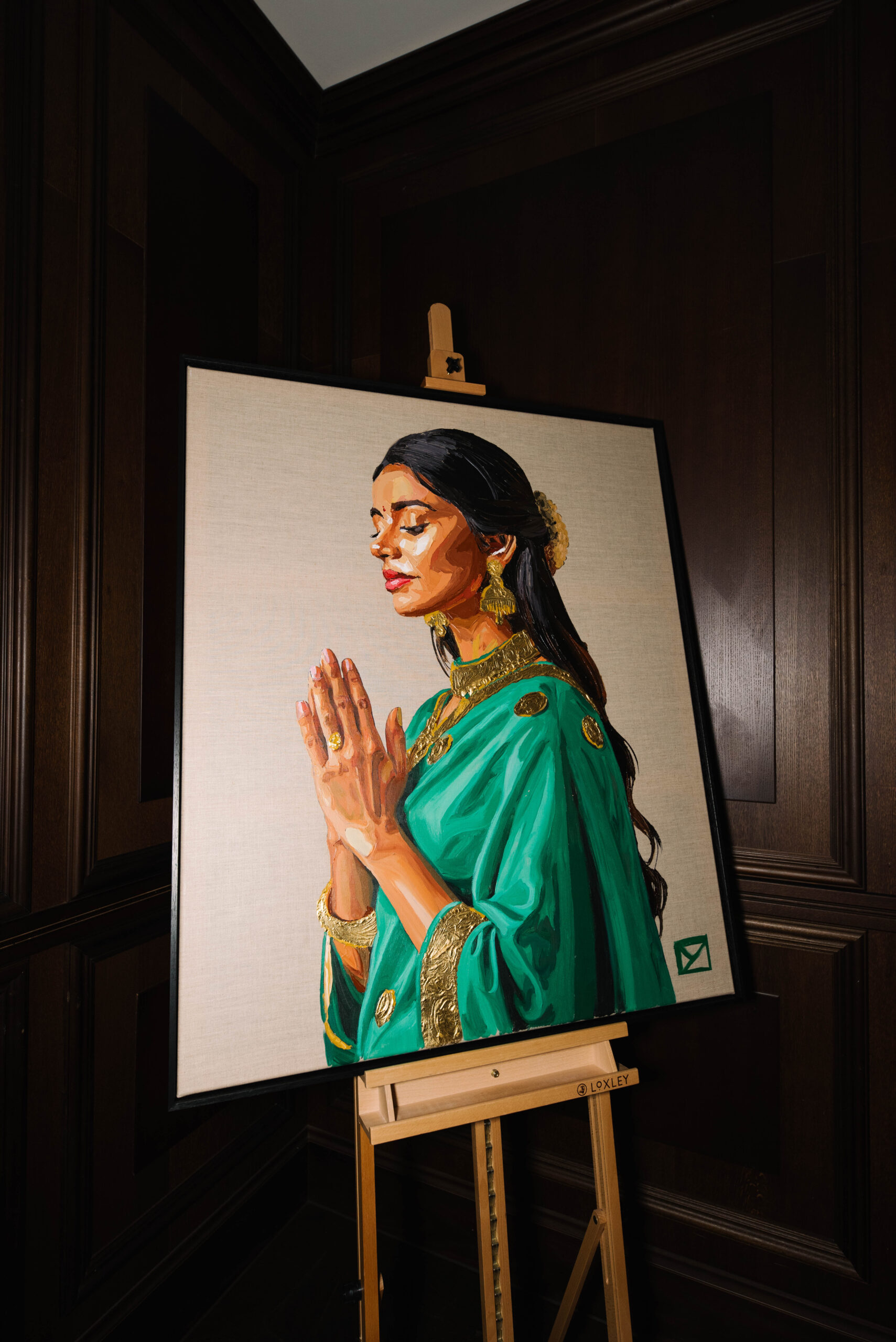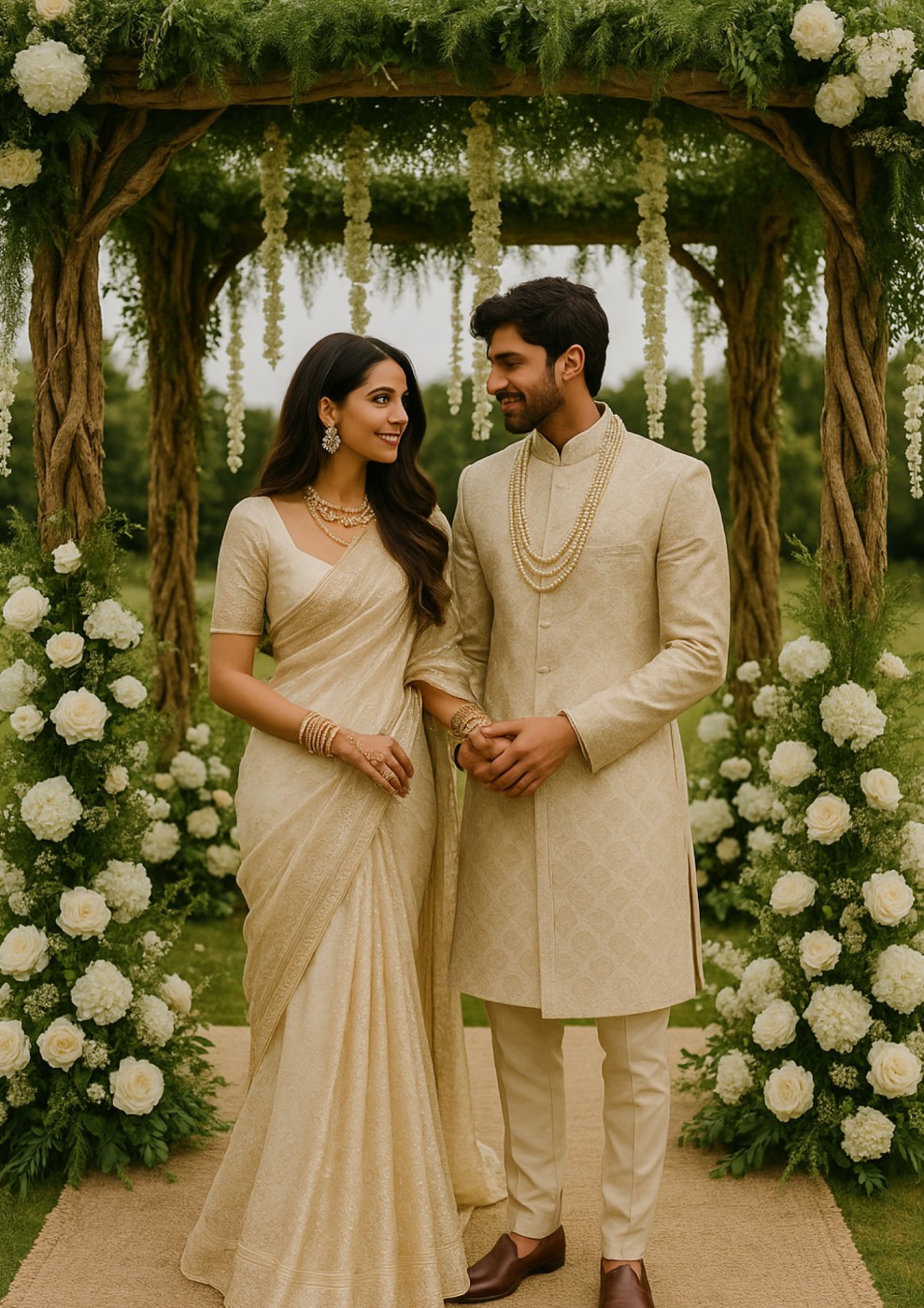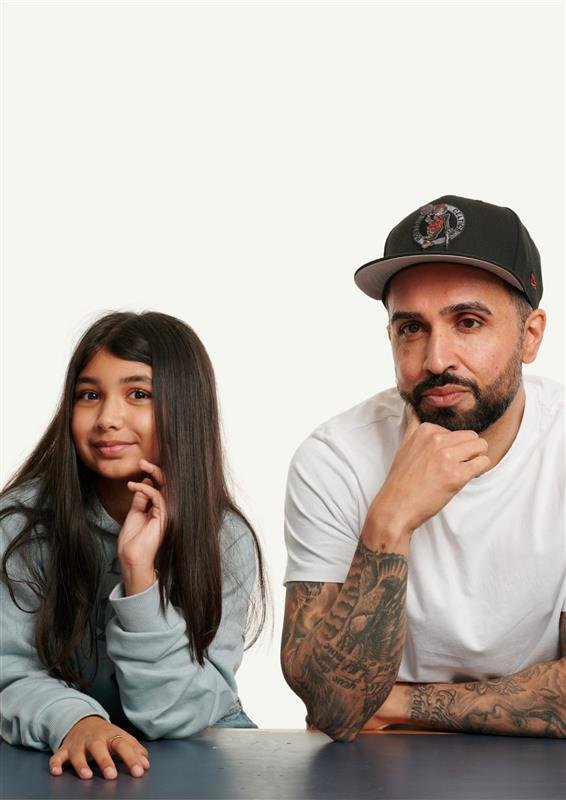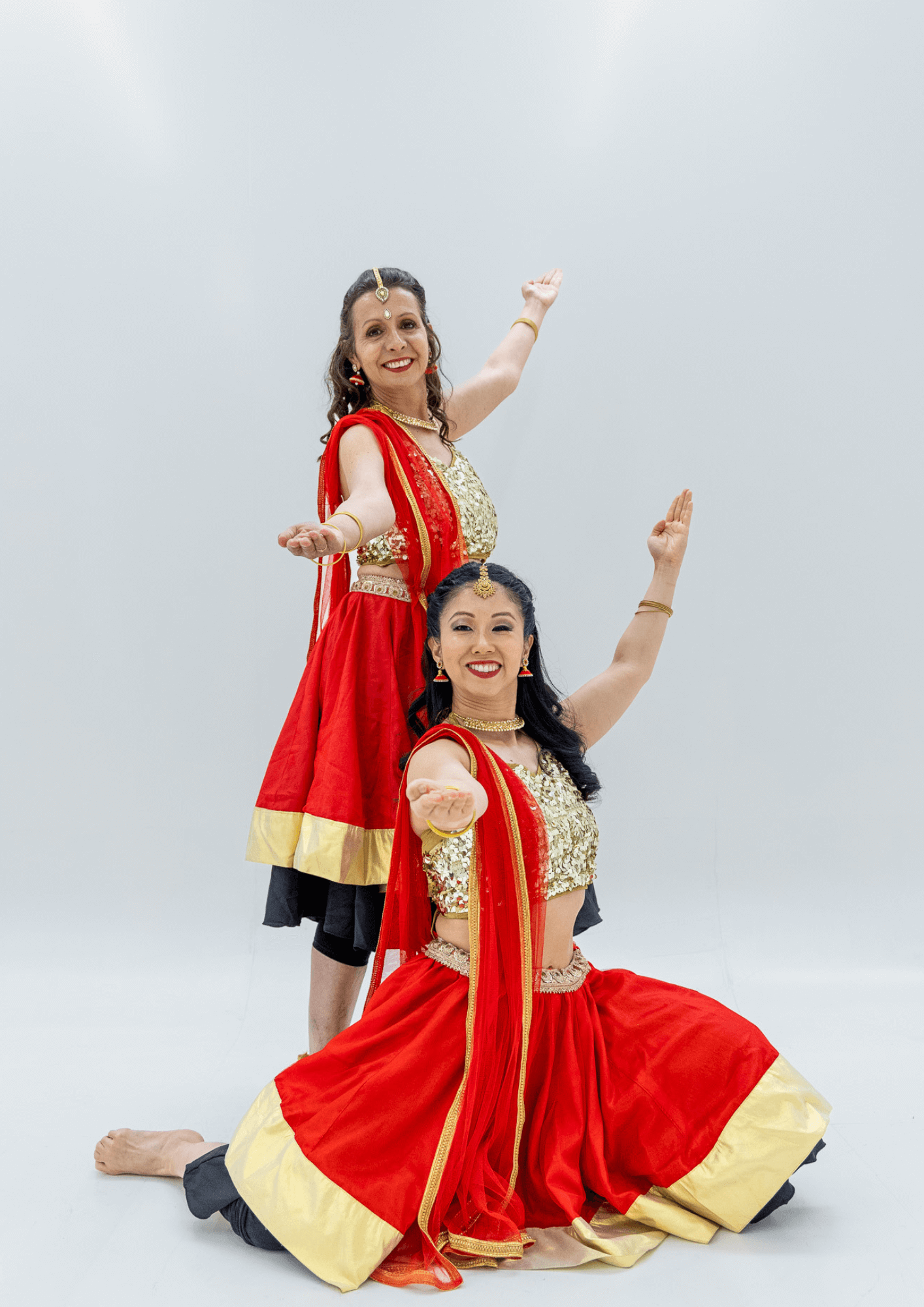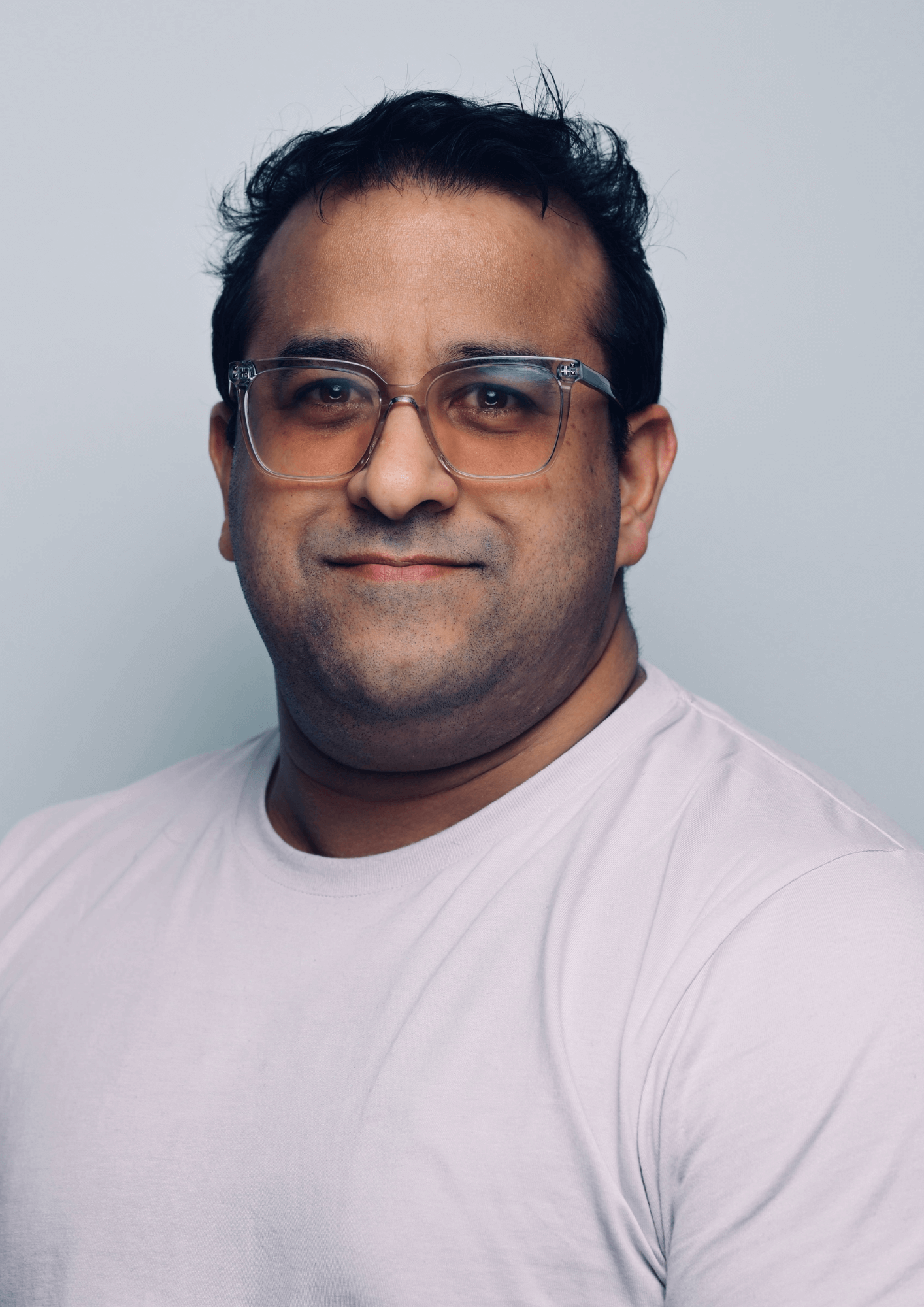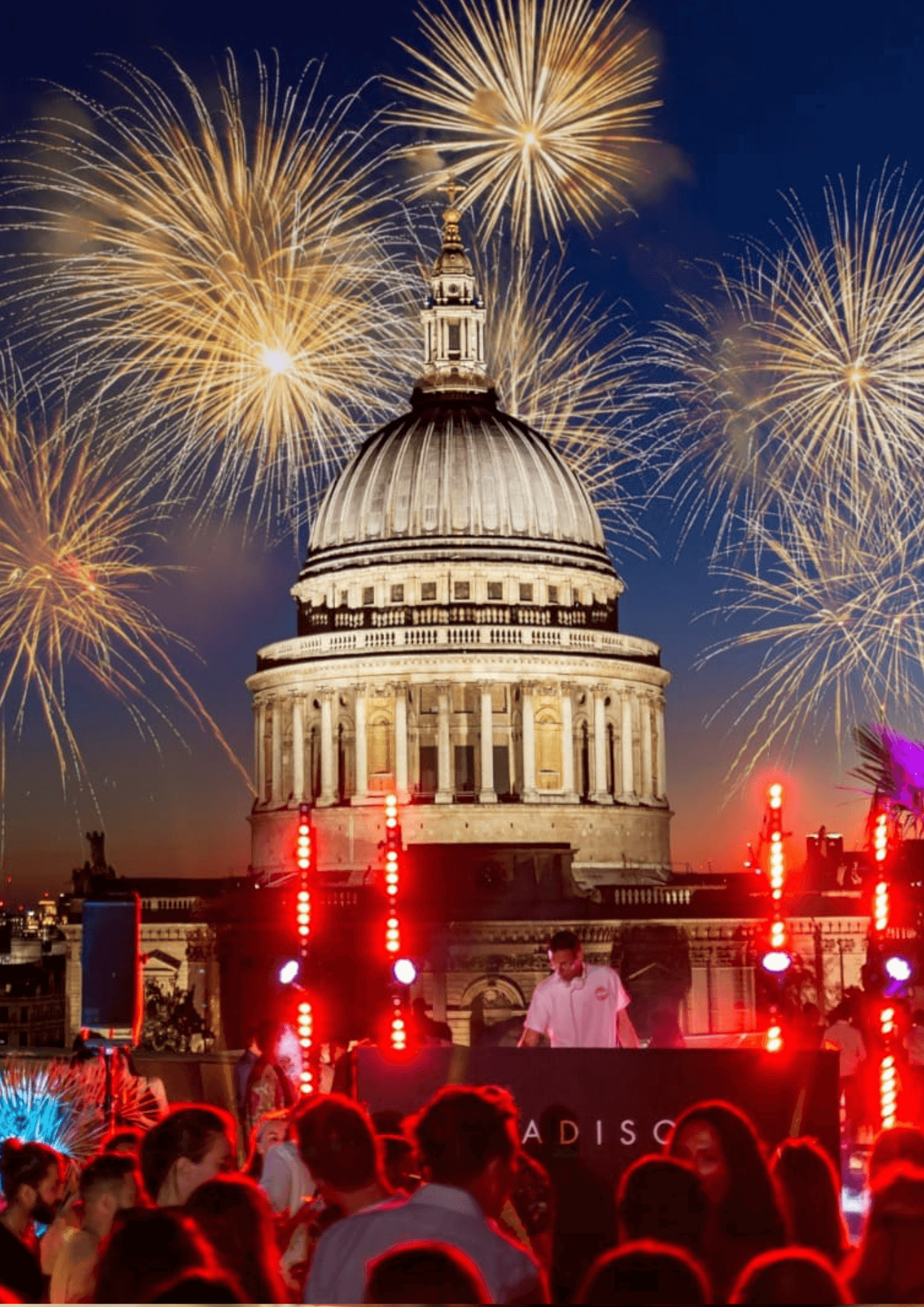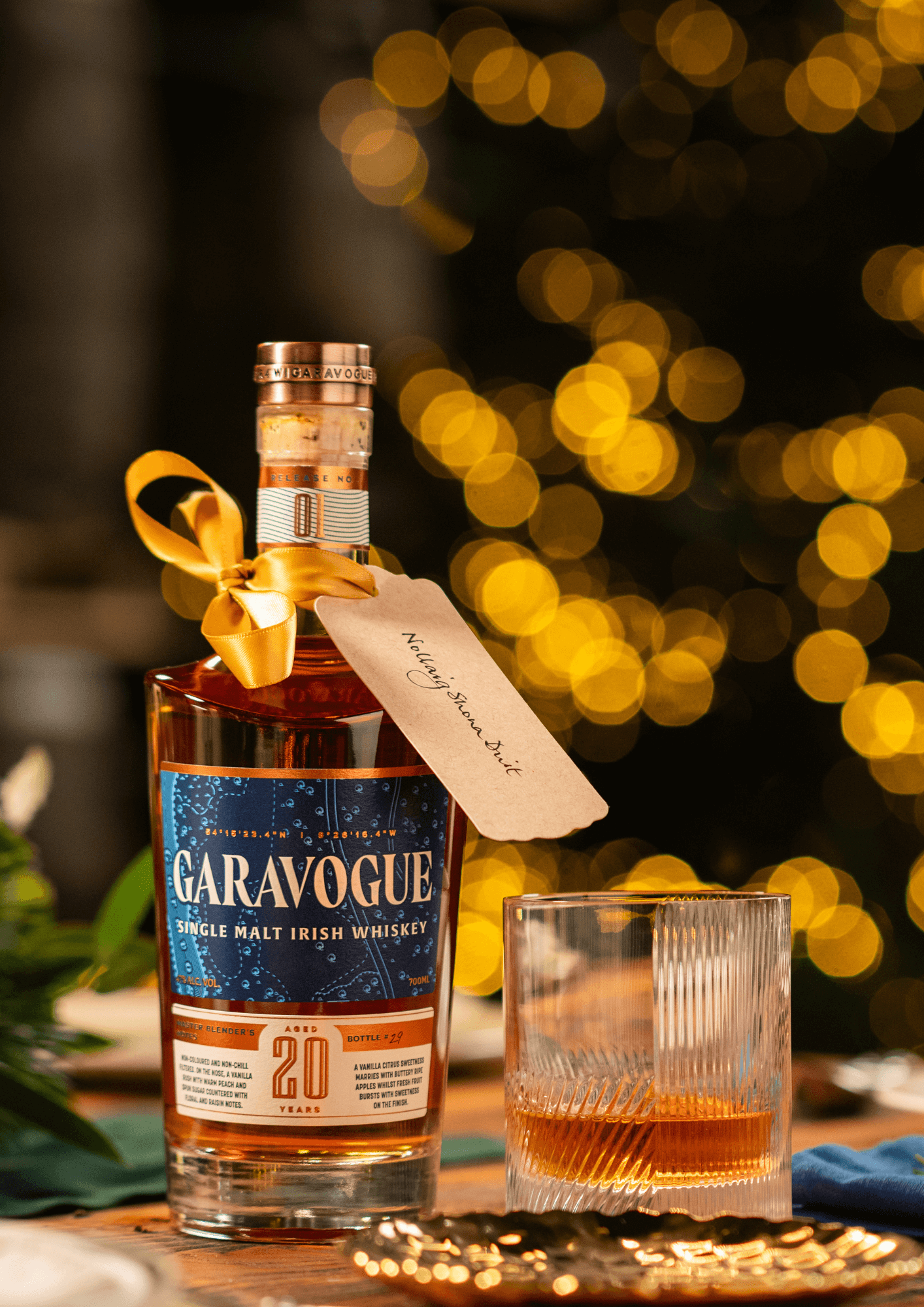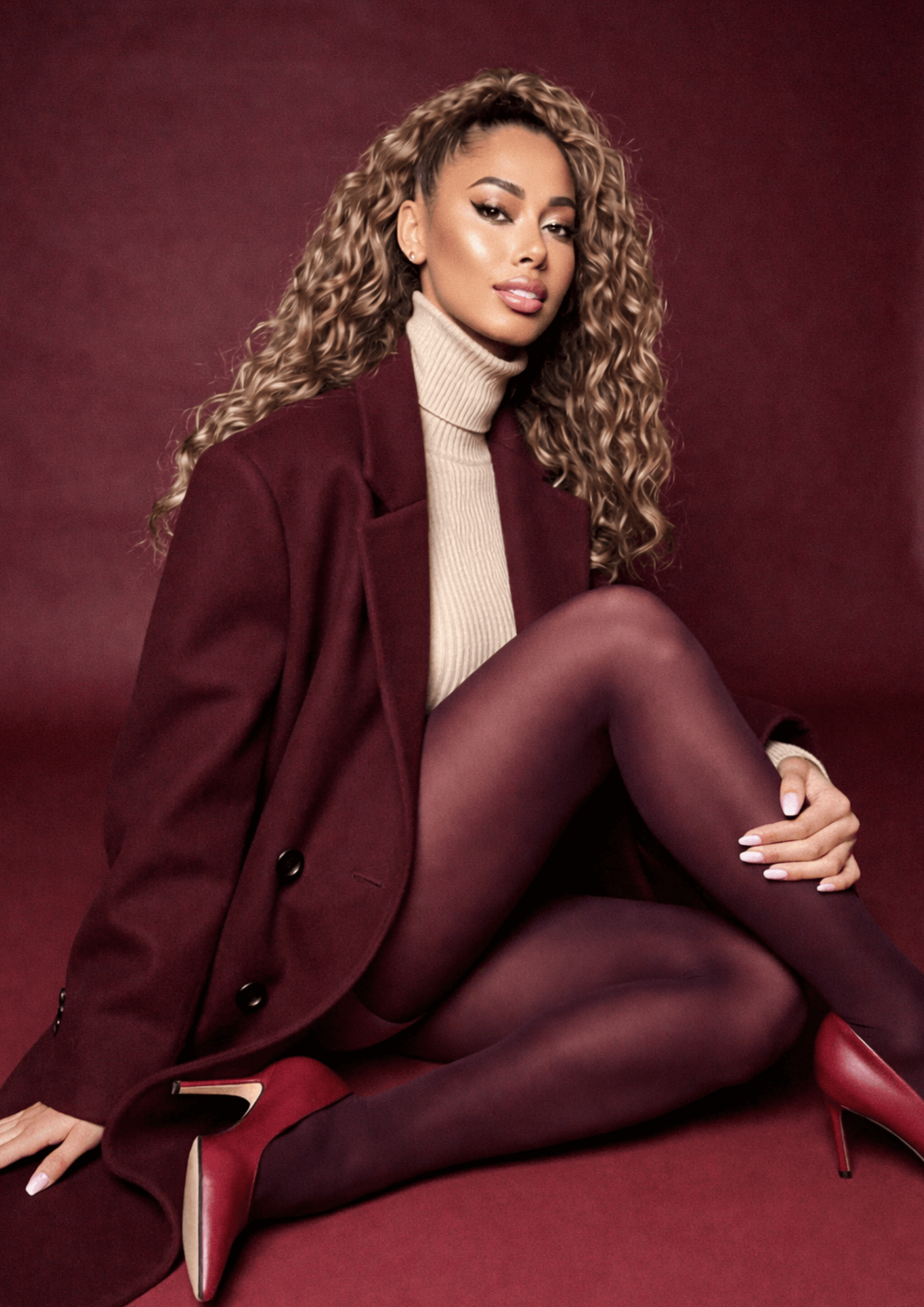By Harri Dhokia
The smell of fried nasto. The colourful decorations. The endless number of Diwali cards delivered by the postman. The chaos of too many family members under one roof.
Ah, Diwali – the festival that brings light, love and (let’s be honest) a slight sugar overdose to every home.
Growing up in the UK, Diwali was one of my favourite times of the year. My parents came here from Africa in the 70s – Mum had been married at 16, learnt the ropes from her mother-in-law and recreated the traditions in London with whatever resources she could find. We’re Hindu, Gujarati-speaking (with a cheeky Swahili twist), and if you walked into our house in October, you’d know exactly what time of year it was.
I still remember finding creative ways to display the Diwali cards – they usually ended up hanging on a long string from one end of the room to the other.
But like everything in life, things evolve. Somewhere between growing up, careers, marriage and convenience, the nasto and mithai is readily available online or in-store, the long, heartfelt Diwali phone calls turned into WhatsApp broadcasts and emoji-filled greetings. Rangolis are now Pinterest-worthy, candles are branded and scented, and the “Diwali rounds” that used to take a day now stretch out over weeks because, well, everyone’s busy living their own lives.
But some things don’t change. Even now, Mum’s the real CEO of Diwali prep. She still makes homemade nasto in batches – chakri, chevdo, farsi puri, those famous biscuits – and dispatches them to each of our homes like a one-woman snack delivery service.
Nothing, and I mean nothing, beats homemade chakri.
As a kid, Diwali meant wearing a new outfit that was always slightly itchy, all of us loading up in the car and spending the whole day visiting relatives’ homes. The excitement of tasting each auntie’s version of mithai and nasto was real – because everyone claimed theirs was the best. Then we’d sit around the dining table (beautifully decorated with trays of homemade snacks), listening to all the women debate on whose nasto technique was superior this year.
And then came the ultimate Diwali moment as you’re leaving a relative’s house: being slyly slipped some money into your hand by an auntie. I was usually the target, being the youngest of my siblings (or should I say the lucky one?).
But here’s the twist – every time I tried to accept it, Mum would tell me off, saying, “No, you can’t take that!” (You can imagine me standing there awkwardly, clutching a £5 note like it was a much-deserved sweet.) So I’d hand it back, feeling guilty for even wanting it, which usually ended in a light-hearted wrestling match between Mum and my aunt, both insisting the opposite while I stood there like the referee.
It wasn’t until years later that I realised that tiny moment had planted a huge money block – that accepting abundance could somehow get you into trouble. Money caused awkwardness. Money was not to be accepted as a gift. Wanting money was wrong. I didn’t deserve money!
And honestly, I know I’m not alone in that. Many of us grew up with those mixed money messages. Fast forward to now, and I’ve spent a lot of time (and money!) working to release those beliefs through healing and mindset work. I now use those lessons and techniques to help others do the same. Because whether it’s a £5 note, a thoughtful gift, or simply a compliment, learning to receive with gratitude is a powerful act of abundance.
These days, Diwali looks a little different. I’m married into a Hindu Punjabi Brahmin family – my husband’s parents were born in India, he’s born and bred here, and together we’ve created our own blended version of the various festivals.
On Diwali, we do a Lakshmi Pooja at home, light up the whole house with diyas, enjoy a few fireworks and end the night by ordering a pizza. On New Year’s Day, we visit my parents’ home, share a few drinks, eat together and offer new year blessings.
What I love most about this new chapter is how we’ve embraced each other’s traditions – not by forcing one way over the other, but by finding a rhythm that works for us in our Western world. There’s no right or wrong way to celebrate – just love, understanding and respect.
In this day and age, it’s important for all of us to accept each other’s traditions and beliefs with an open mind – without judgment or fear.
Our parents and grandparents carried their culture with pride through generations, adapting it to new countries, languages and families. And now it’s our turn – to evolve the meaning of those rituals, to invite in new beliefs and to keep the essence of our festivals alive in ways that fit our modern lives.
For me, Diwali is less about perfection and more about presence. Of course, there’s a religious aspect to all our festivals, but whether your Diwali is traditional, blended, modern or a mix of it all — celebrate it your way. Honour your roots, but don’t be afraid to add your own flavour.
After all, the real magic of Diwali lies in connection – with family, with friends, with culture and with your own evolving spirit.
We say Diwali is the festival of lights – but it’s really the festival of illumination. It shines a light not just in our homes, but in our hearts. It reminds us to let go of judgement, to welcome new ways of celebrating, and to honour traditions not by copying them perfectly, but by living them meaningfully.
So, whether you’re celebrating with firecrackers or fairy lights, in silk sarees or pyjamas, at your family home or over WhatsApp video – remember that there’s no “right” way to celebrate Diwali. The only thing that matters is the energy behind it: love, gratitude and unity.
As for this year, I’ll be celebrating Diwali a little differently – in the heat of Delhi, surrounded by fireworks, music, beautiful chaos and my other half, soaking in every moment and being truly present in the atmosphere.
✨ Wishing you a Diwali full of love, laughter and a mithai box that somehow never empties.
Harri Dhokia is a mindset and business mentor and founder of Unleash the Wolf Within, a community empowering women on their soul and business journeys.


